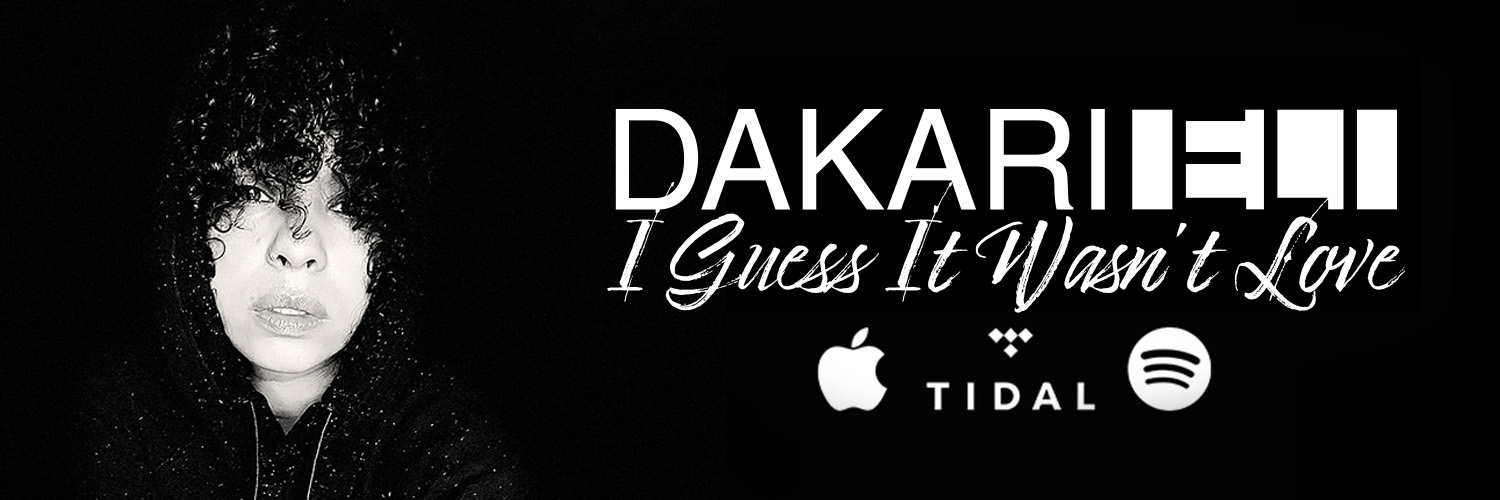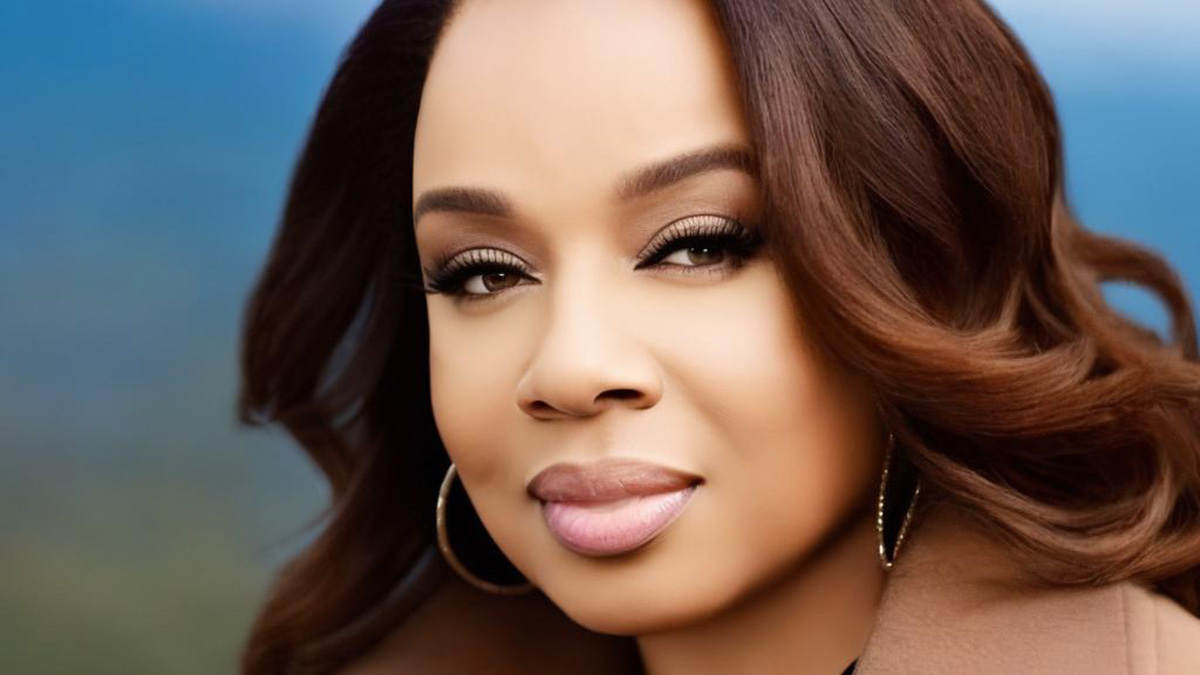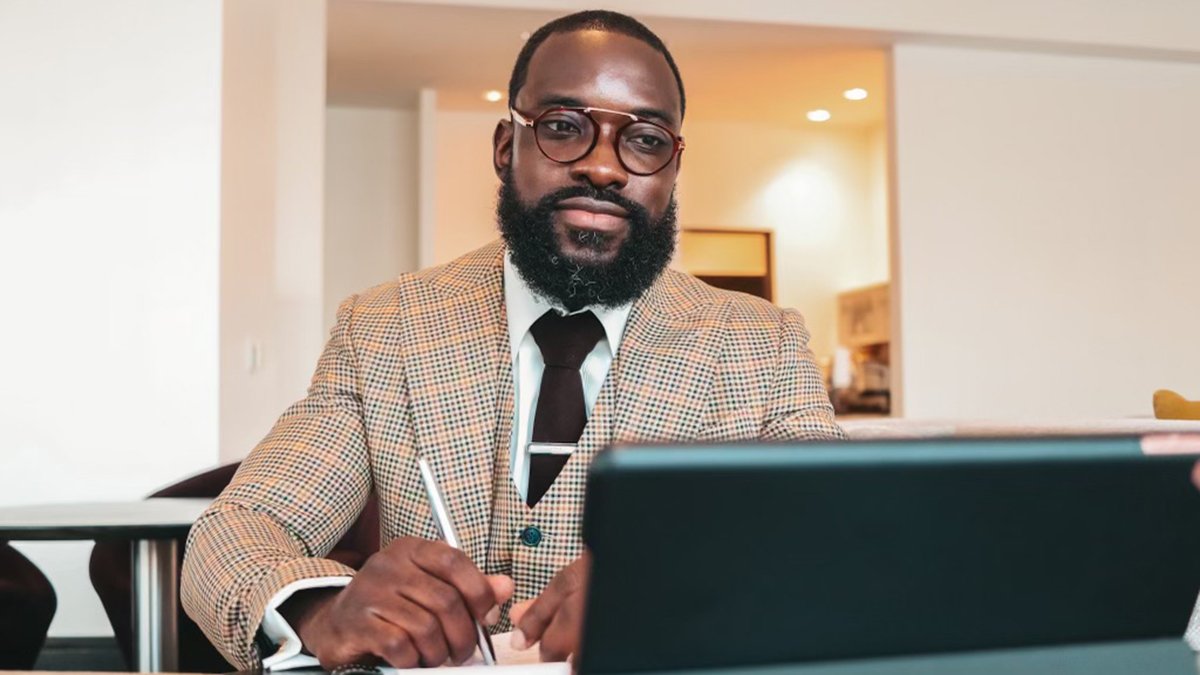Mara Prose, a revered writer-turned-publisher, embodies literary excellence and contributions that redefine storytelling. In this interview she shares her experiences and lessons learned along the way.
What inspired you to pursue a career encompassing multiple facets of the literary world, from writing to publishing?
Honestly, it probably started when I was a little girl, and we had to write a play. It was a play on Beowulf and my teacher, when I wrote that, said you have a real gift. It comes really easily to you. That really triggered it. Growing up, many people were telling me, “Mara, you need to be writing.” I was always coming up with some kind of short story. It is just something that comes easily to me.
With your proficiency across diverse writing genres, how do you approach the creative process differently for fiction, non-fiction, and poetry?
For me, nonfiction is where I will do a lot of additional research. It is probably more off my real-life experiences as well since I’m all about inspiring people. I am very candid about my divorce from a narcissist and going through all of that and just finding myself again. Whereas with fiction, that’s just where I can see something in a moment and think it could be in a book. I am inspired by movies, plays, and stuff. Nonfiction is more inspired by real-life events, if that makes sense.
And what about poetry?
Poetry is when there is something major in my life. Now it has shifted to where more positive things are happening, so I want to write poetry about that, whereas in the past it was a way for me to heal. It was a way for me to put it down on paper and get it out of my system. It was very therapeutic for me.
Could you share a pivotal moment in your editing journey that significantly influenced your approach to refining and perfecting written pieces?
It was the first time I released “The Davenports” which was an absolute tragic experience. My books got lost in the snow. When they were finally delivered, I felt that there were so many plot holes. I was just so frustrated that I almost wanted to give up writing, but then I decided to step back, take a deep breath, and learn how to do it correctly. I was rushing, trying to do too much at one time. That was the turning point where I took it more seriously. You just can’t write, push it out there, and say okay, you wrote something. It actually takes a great deal of work. I learned that from the experience, and I was ready to put the work into making it what it needed to be.
As a publisher, what strategies do you employ to ensure that a project maintains its authenticity?
I would say that if it’s someone that I am mentoring, I would want them to decide whether they love the craft of writing or do they want to be famous. They are two different things. So, if you are trying to be famous, I really can’t help you with that because that’s just not my thing. I am all about authenticity and putting work out there that I want to be proud of. Everything I do or that comes from my company; I make sure that it comes from a place of authenticity. I want you all to resonate with my work. I want it to speak to you. It is more important to me to hear feedback from readers saying my work blew their minds, touched me, or helped me get through a difficult moment as opposed to getting reviewed or published by a big publishing company. For me, it’s all about resonating with my readers.
How do you believe your background in literature has shaped your unique perspective on storytelling and narrative construction?
That is a good question. I would say that it is probably doing the research and everything I do to make sure, again, that it resonates with my audience. I am learning so much about different aspects of people and personalities when I am researching and when I am writing; it is opening me up to more perspectives. I am studying other authors, looking at their work, and learning from them. I feel like what really shaped it for me is continuing to learn and perfect my craft by learning from writers who have done this before who are more established and have best-sellers.
In your experience, what are the key elements that make a piece of writing truly compelling?
For me, I always make sure that every opening paragraph of every chapter is an eye-catching bold sentence that it is going to make you want to continue reading. I am always cognizant of whether I am being too descriptive or am I not as descriptive as I should be. I question what is going to draw the reader in. I am big on character development, even with movies. You can get me to really watch a movie if there is a character who develops and evolves as the story progresses. That’s what I try to bring to all my novels. I want the readers to want to read the next chapter because if they are bored, there goes my entire work out the window.
What advice would you offer to aspiring writers who aim to excel in multiple writing genres?
I would tell them to do it afraid. Everyone is always afraid when writing. If they are like me, sometimes you may feel like your writing is never good enough. Just keep writing and don’t be afraid to pursue different genres. I have learned that there is no such thing as failure. There are just pivotal points. If you start writing romance and it doesn’t work, it’s no big deal. Find the genre that fits you. Be willing to try new things out and be persistent. That is the only way I got to the point where I am right now. Stick with it and be persistent. It’s going to be a thing where you are writing all day, every day. There are pockets of time, even months, that I will go without writing anything with my characters and then there are times where I am writing all day long. I would tell them not to be afraid, to keep pushing, to find their niche, and to go forward. Don’t get too comfortable. Keep growing and expanding and working on your craft.
Be’n Original






